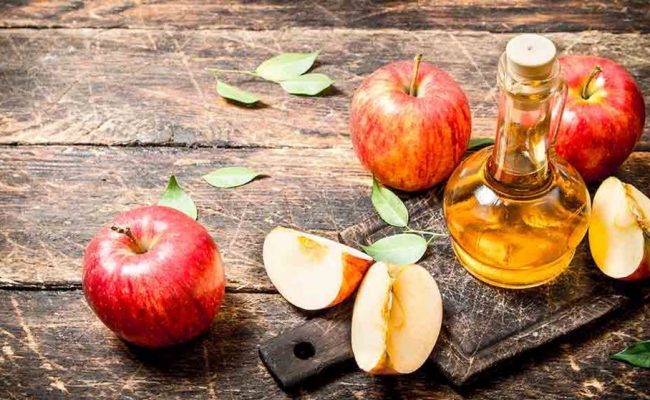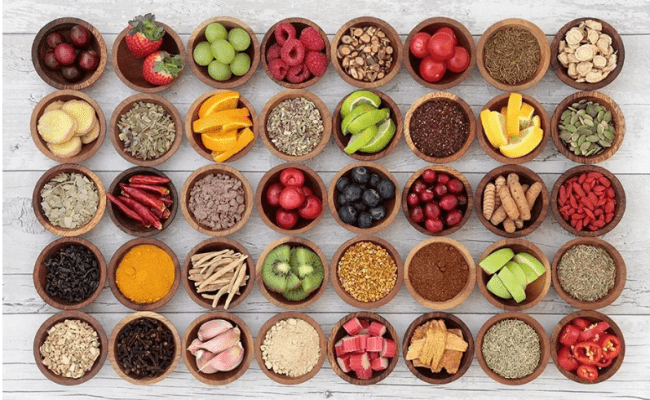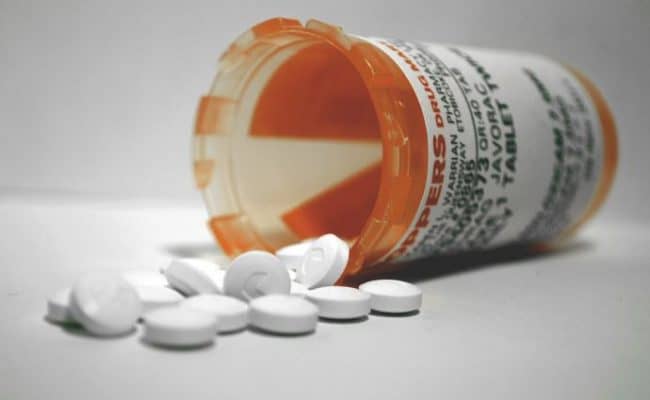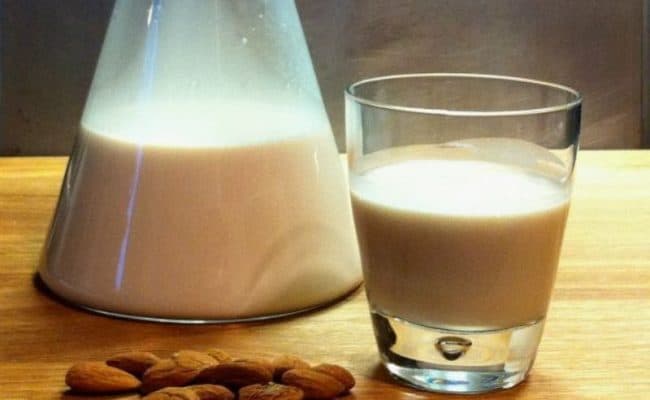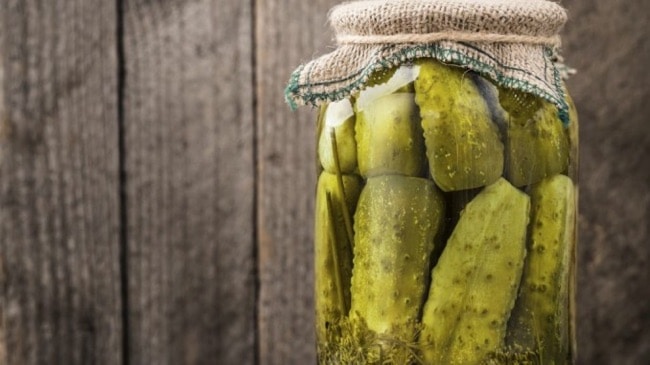
Many people will try crazy food fads if they think it will help them lose weight. Eating mainly only one food or food group or weird food combinations are some examples of fad diets that people can do all for the sake of losing weight. Drinking pickle juice is one fad that is associated with weight loss.
However, is there any validity to these weight loss claims? How much pickle juice would you have to drink?
When analyzing if something can help you lose weight, you always need to take into consideration your whole diet and lifestyle. Just adding pickle juice to your diet is not going to automatically shift your body to burning fat.
Pickle juice is also associated with helping relieve muscle cramps or rehydrating the body after long exercise sessions. Pickle juice is high in electrolytes, like sodium, that could in theory be useful for rehydration and muscle contractions.
However, evidence of pickle juice helping these conditions is lacking.
How could pickle juice help boost metabolism?
Pickles are made by putting cucumbers in a brine made with water and vinegar, usually apple cider vinegar. Other spices and flavorings, such as garlic or dill, can be added.
Pickling recipes can vary, but the method is usually the same: putting cucumbers in a hypertonic solution.
This means cucumbers are put in a solution that has more particles, electrolytes, than the cucumber itself. When the cucumber is in the brine, water from the cucumber escapes into the surrounding liquid. Particles from the brine go into the cucumber.
The main reason why drinking pickle juice has become popular for weight loss is because of the vinegar content. Vinegar is a source of acetic acid. Some animal studies have found acetic acid helped suppress body fat accumulation in animals.
There are not many human studies with acetic acid, or pickle juice, on the effects of weight loss.
However, one small 2009 study (1) did find weight, waist circumference and blood triglyceride levels were significantly decreased in obese subjects after 12 weeks of taking vinegar daily.
Subjects were randomly put into a placebo group, a group drinking 15 ml of vinegar or drinking 30 ml of vinegar daily.
While this study may look promising, more research is needed to determine what effect acetic acid or vinegar could have on weight loss.
Should you drink pickle juice for weight loss?
Only one main human study so far has found an impact on weight and acetic acid, the main component of vinegar. There needs to be more research on vinegar and drinking pickle juice.
However, if you want to try it, and can stand the taste, you should consult your doctor before starting to drink vinegar or pickle juice.
Keep in mind pickle juice can also be high in sodium. Some people can feel bloated from getting too much sodium, so drinking pickle juice could actually make you feel heavier after drinking.
High intakes of sodium could also increase blood pressure for sodium sensitive people.
If you want weight loss, there are other ways that have more research behind them than drinking pickle juice. Drinking pickle juice long term might be a deterrent for most people.
Health experts (2) warn drinking pickle juice or vinegar will not be a quick way for weight loss.
Therefore, you focus on weight loss efforts you can maintain long term and are known to be beneficial.
Vinegar and blood sugar
According to WebMD (3), there are studies suggesting drinking vinegar may have a beneficial effect on controlling blood sugar levels. Apple cider vinegar may help block some, but not all, absorption of carbohydrates.
Use caution with trying to add vinegar to your diet as a treatment for high blood sugar, as it is not a replacement for medication or an appropriate diet. If you have questions about of vinegar could be helpful for you, speak with your doctor first.
Pickle juice and muscle cramps
Muscle cramps can happen for many reasons including electrolyte imbalance or dehydration. Athletes prone to muscle cramps are recommended to drinking fluids and get electrolytes in before exercise.
Drinking pickle juice before or during a muscle cramp is a common remedy, but does it actually work?
A 2009 study (4) looked at blood samples from men before and after ingesting 1mL/kg body weight of a carbohydrate drink, pickle juice or water.
Researchers found plasma levels of electrolytes, osmolality or volume did not significantly change from drinking these beverages.
A 2010 study (5) also concluded that drinking pickle juice before exercise does not help to relieve muscle cramps.
Subjects who drank the pickle juice in this study had a slower gastric emptying rate compared to water because pickle juice has a higher number of particles in it (osmolality).
Concern with drinking pickle juice
Drinking vinegar or pickle juice could be an irritant to the esophagus or stomach for some people. Drinking vinegar was a common cure for stomach aches in previous times, but vinegar is an acid. Drinking acids, especially in large amounts, could irritate the digestive tract.
Acid from vinegar can also be hard on teeth enamel. Drinking pickle juice could weaken the enamel on your teeth which could increase risk for cavities.
Vinegar may also impact blood thinning. Therefore, anyone on blood thinning medication or who has issues with blood clotting should use caution with drinking pickle juice or vinegar.
Conclusion
Drinking pickle juice is associated as a home remedy for boosting metabolism or as a way to prevent or treat muscle cramps. However, scientific evidence is lacking for validity for these claims. There is one human study that suggested vinegar may be beneficial for weight loss, but more studies are needed.
Research studies looking at the effect of pickle juice on affecting plasma electrolyte levels and gastric emptying suggest drinking pickle juice is not effective for reducing muscle cramps.
Drinking pickle juice may be contraindicated because of the high sodium intake and the possibility of irritating the stomach or esophagus.
High intakes of acetic acid could also weaken tooth enamel and could affect blood thinning.

